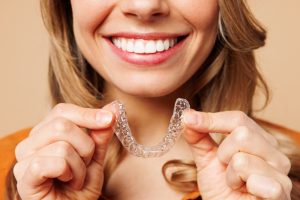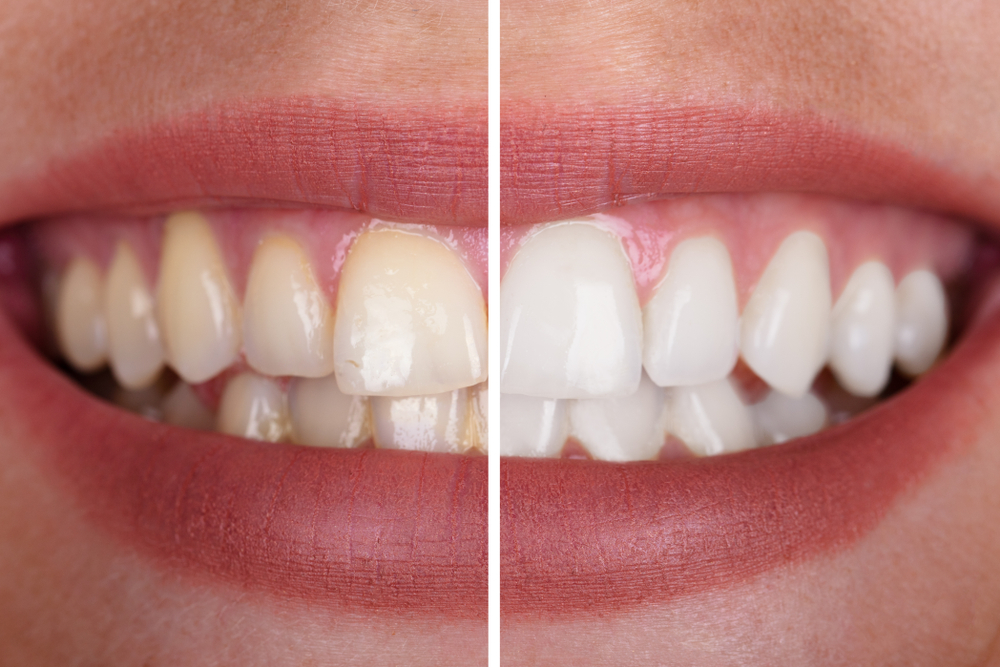Many people have enjoyed crunching down on an ice cube or two after consuming a beverage, or they’ve chomped down on a snow cone during the summertime. Whatever the situation may be, it’s very likely you’ve chewed on ice before. While it seems like a harmless activity, chewing on ice can be detrimental to your teeth after one wrong bite. Parkcrest Dental Group in Springfield, MO, explains why chewing on ice cubes is bad for your teeth.
Related Post: How An Ice Cream Habit Affects Your Teeth
What Are the Consequences of Chewing on Ice?
While chewing on ice won’t destroy your teeth in one go, the dental damage can add up quickly. Chewing on ice can leave your teeth chipped and cracked, while damaging your tooth enamel. Even previous dental work such as crowns and fillings can become damaged and ruined. Notice that your jaw feels a bit more tired than usual? Excessive ice chewing can leave your jaw feeling a bit sore while leaving your mouth susceptible to more cavities. Tooth sensitivity can also be a lasting side effect from chewing on ice.
Related Post: Do I Need To Brush My Teeth Twice A Day?
How Can I Quit My Habit?
If you’ve been an avid ice chewer for the past few years, it may be difficult to quit your bad habit just like that. There are a few methods you can try to make quitting a bit easier so you can save your smile.
- Using Alternatives: If you prefer cold food items, try switching from chewing ice to eating sugar-free popsicles or cold drinks. With enough practice, you’ll cut out your ice chewing habit in no time.
- Slush: If you can’t seem to break your habit, trying grinding up ice into more of a slush form. You’ll still be able to get that ice kick without ruining your teeth.
- Visit A Dentist: While chewing on ice may seem like a harmless habit now, it could be a side effect of something more serious like anemia. Visit your local Springfield, MO, dentist if you seem to be having difficulty quitting your habit.
Visit a Dentist at Parkcrest Dental
Eating ice can seem harmless now, but it can lead to some serious side effects later on, such as cracked teeth or increased cavities. If you’re struggling with some of these problems, visit a dentist at Parkcrest Dental in Springfield, MO. If you’ve caused damage to your teeth, our dental team can assess the harm and make a plan of action for your oral health. Call us today at 417-887-1220 to work with us today!




